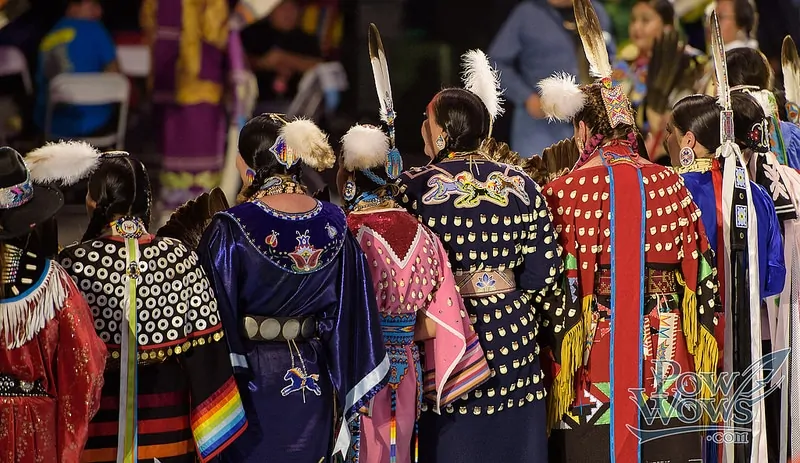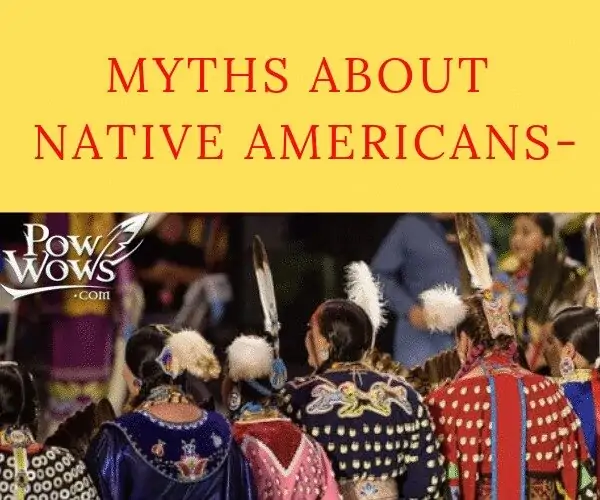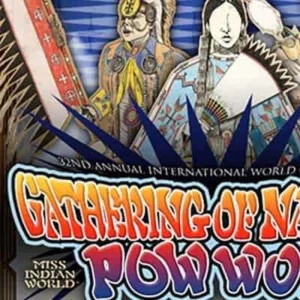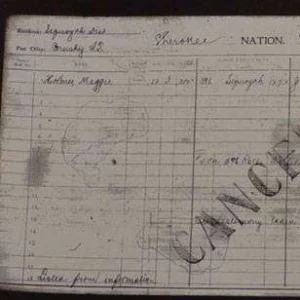There are many myths that seem to revolve around Native Americans; they start from things like they live within and use resources of the United States for free to the idea that they don’t seem to pay any sort of taxes. Let’s delve a little deeper into these ideas and see whether they have any or some truth value.
Native Americans don’t pay taxes
Let’s go through one of the most commons beliefs that the general public seems to hold about Native Americans; that they do not pay any taxes. Many Americans believe that Native Americans live on US soil for free after the treaty was negotiated. They believe that these individuals are not subject to any sort of taxes and thus do not give back to the government and by extension, the country.
The reality of this belief is quite different. At this point, an important distinction needs to be made. Back in 1924, Native American Tribes and their members were given citizenship of the United States. It is important to note that these were tribes, the autonomous and self-ruling group of individuals who were, in fact, exempt from paying a few taxes as a whole. Just as many non-Indian citizens are also exempt from paying taxes as well, like those who earn below 12,000 or 24,000 dollars, depending on their marital status.
Exceptions may exist but members of the tribe who became US citizens are still bound by law to pay taxes. More specifically, if a Native American earns income off the reservation land of their tribe, they are supposed to pay taxes as indicated by the law. So the assumption that ALL Native Americans do not pay taxes does not ring true. The same rule is followed by everyone; the first 9500 dollars of your income are tax-free but additional amounts are subject to a percentage of tax.
Native Americans get free healthcare
There is a strong national belief that Native Americans have the privilege to get free healthcare from federal hospitals. This is perhaps one of the most uninformed myths to be believed.
In return for giving up all of their lands, the Native Americans were promised by the government of the United States to be given proper and subsidized healthcare if they signed the treaty of Hellgate in 1855. The reality of this promise proves to be quite different.
The average life expectancy rate of Native Americans has been calculated to be 20 years shorter than the average American. This has been because of the lack of healthcare facilities available at their disposal. Every year Congress fails to allocate enough money to the Indian Health Service resulting in hospitals that are ill-equipped and severely underfunded. Not only are Native Americans not properly looked after if they do go to a hospital but they are also subject to various degrees of discrimination. They are perceived to be less knowledgeable and therefore not taken as seriously. Diagnoses are made based upon preconceived notions of things like alcoholism or poverty. People treat them in a way they themselves think Native Americans are like and thus a serious spike in misidentification has been observed.
You could say there is some truth value to an aspect of the myth that Native Americans receive free healthcare. The truth being that they were promised to be given access to free of not subsidized healthcare that would be sufficient for their needs but the stark reality remains that their promise has not been fulfilled. Thus, while they should receive free healthcare, they do not.
Native Americans get free housing
Next, let’s explore the idea that Native Americans receive free housing. The reason why this belief is a myth is because of a multitude of reasons. It is important to note that in reality, it is not like governments are freely handing out fully constructed housing to every individual. As this statement would have you believe. The reality is far more complicated.
The provision of housing assistance is an aim that the government of countries like Canada have adopted as a policy for all citizens regardless of their identities. The approach even applies to Native American and that too in two different ways
- Market-Based Housing
This involves Native Americans paying the full costs of houses that they want to buy or live in on rent. This is no way means that these individuals are given housing for free because this house is not on the reserved land under their tribe. If it were however on reserve, it would entail that no one owns the land, but if they want to use it and create a house on it they can do so. This further means that the cost of construction and other expenses are taken care of those who wish to use the land. Thus proving to be quite different in meaning than having free housing.
- Non-Profit Social Housing
This type of housing entails that the costs that are incurred while finding adequate housing on reserve are covered through federal funding as well as private loans. So while a certain percentage may be covered for, the rest the individuals would have to do by themselves. This policy was created to ensure housing affordability for all citizens, not only Native Americans
This the belief that all and any housing is free for Native American lacks complete truth value as well.
Native Americans receive free education
Lastly, this belief that Native Americans receive free education. It is quite easy to fool ourselves into believing that receiving education and going to college is easy for Native Americans. You can open colleges’ websites and see many of scholarships available. The truth of the matter is, by virtue of the mention of these scholarships, one would not know how hard it is for Native Americans to go to college and relieve post-secondary education. While there is no denying that a certain minority percentage may be able to get these scholarships and receive a quality education, most cant.
While many can earn scholarships, many obstacles still exist making college education difficult – family responsibilities and living expenses for example.
While these myths are not likely to melt away quickly, we can still make a move towards a more informed society that is aware and acknowledges the struggles of one another rather than keeping them down. Once these myths are debunked, then only can positive improvement be made.
References:
- http://www.netnewsledger.com/2012/01/15/true-or-false-do-aboriginal-people-get-free-post-secondary-education/
- https://www.cbc.ca/news/indigenous/debunking-the-myth-that-all-first-nations-people-receive-free-post-secondary-education-1.3414183
- https://www.huffingtonpost.ca/chelsea-vowel/aboriginal-housing_b_1752652.html
- https://www.washingtonpost.com/outlook/five-myths/five-myths-about-american-indians/2017/11/21/41081cb6-ce4f-11e7-a1a3-0d1e45a6de3d_story.html?noredirect=on&utm_term=.56b9deb103ec
Last Updated on November 5, 2022 by Paul G





John Anthony Flores
says:My paternal Grandmother was born and raised on the Southern Mountain Ute reservation in Colorado. My family has a certified letter from my Grandmother’s brother that attests to that fact. Some of my cousins (female) have an interest in becoming registered on the roles but have had difficulty in getting the tribal leaders to talk with them or arrange a meeting.
What would you recommend as an approach to this situation?
Florence Richards
says:I have documented Salish ancestry from Canada but I’m not a tribal member. If I knew I could have had some help with college, I would have advanced in my credits!
Patrick winter
says:As a young person who entered the military and hearing from my grandmother and great grandmother about our Native American heritage, I have continue to learn and respect more and more of our ancestors. I spent 20 years serving in the US military and every place I have ever been I have made it a point to attend powwows and any cultural exchange that I could find to learn more about my heritage. I find these articles are instrumental in getting the general populace do you understand about Native Americans. I print and read to my coworkers do you help dispel the myth’s that are so common. Thanks for all that you do and to all the contributors.
Tina Proctor
says:Thank you for your service. I’m a native of Southern Maryland of the Piscataway Conoy tribe. Many of the Pow Wows and Museum exhibits have brought pride to my heart of how strong our ancestors really were and how strong we are today.